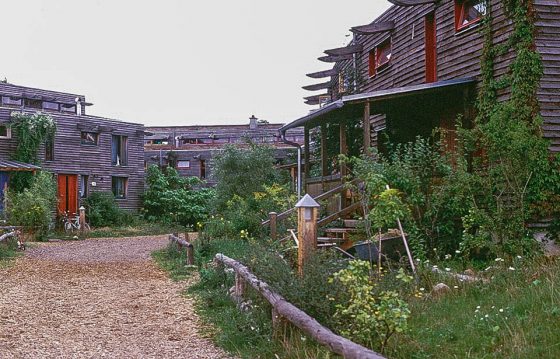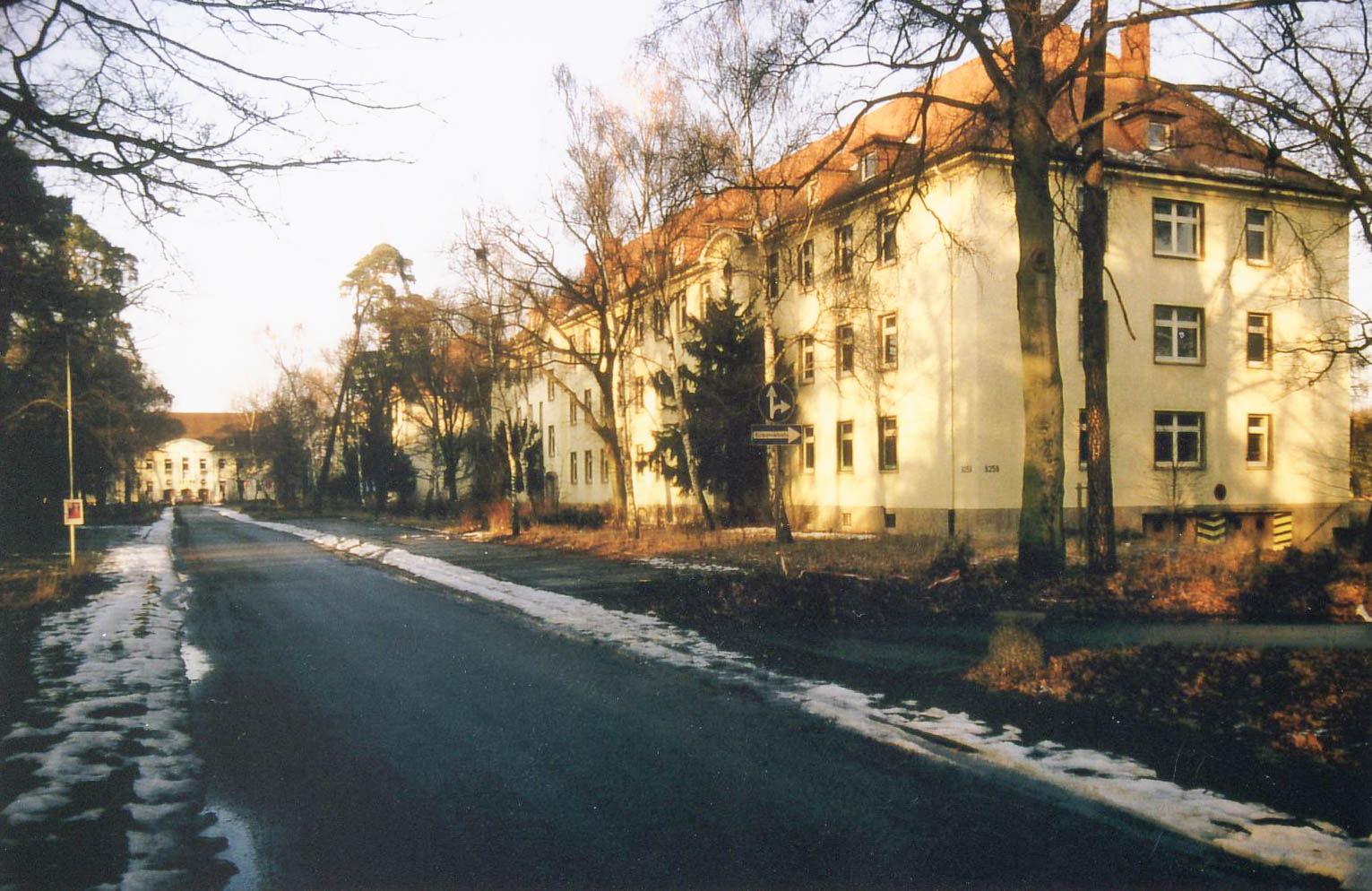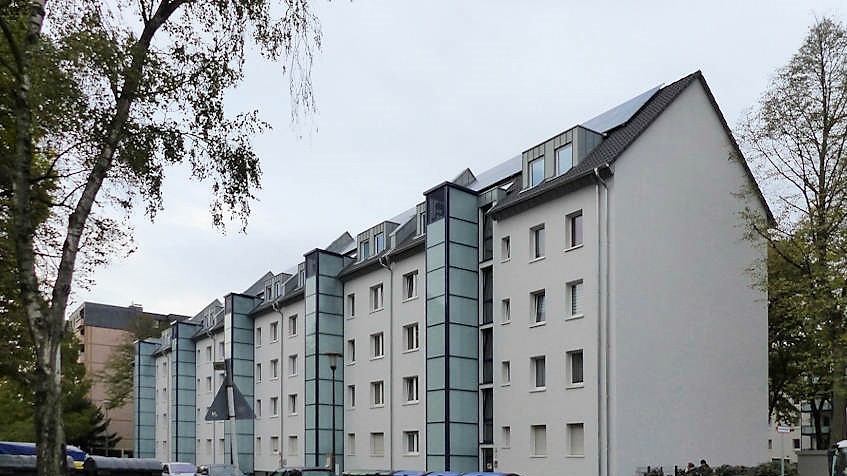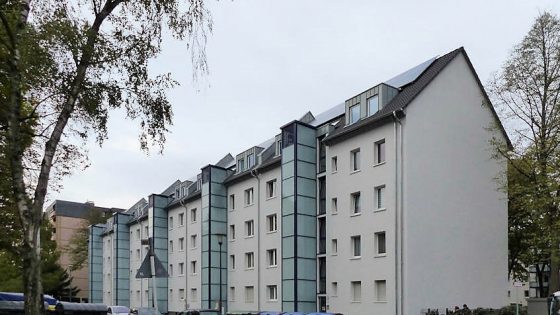![]() D - 79111 Freiburg-Dietenbach: one of the largest new development areas in Germany is being built on 110 hectares for 6,900 apartments. The intention is to create living space for 15,000 residents. Six new neighborhoods are to be developed in Freiburg's west along the Dietenbach as a climate-neutral and colorful district with short distances, open spaces, schools, sports facilities, daycare centers and shopping opportunities. The municipal council is to adopt the framework plan in Dec. 2020. As of 6/2020, marketing of the city-owned land will begin in approx. autumn 2022. The first apartments should be ready for occupation in approx. 2025/2026. Completion: ~2035
D - 79111 Freiburg-Dietenbach: one of the largest new development areas in Germany is being built on 110 hectares for 6,900 apartments. The intention is to create living space for 15,000 residents. Six new neighborhoods are to be developed in Freiburg's west along the Dietenbach as a climate-neutral and colorful district with short distances, open spaces, schools, sports facilities, daycare centers and shopping opportunities. The municipal council is to adopt the framework plan in Dec. 2020. As of 6/2020, marketing of the city-owned land will begin in approx. autumn 2022. The first apartments should be ready for occupation in approx. 2025/2026. Completion: ~2035
Historical classification / Prehistory
Freiburg's urban development in the 1990s was mainly characterized by the new Rieselfeld district and that Conversion project Vauban who have realised concepts of sustainable urban development. The new Dietenbach district was hard fought for: on 24.2.2019, the city voted in a Citizen's decision 40% against and 60% for the development (with a turnout of 50 %). The referendum raised public awareness. Whether the promised comparatives - ecological, inclusive, social - will really be realized? Many are sceptical.
Location
The new district is to be built about 4 km west of the city centre. It is located between the Rieselfeld district, Besançonallee, the Mitte feeder road and the access road to Mundenhof. The Dietenbach, which flows through the development area, gives it its name.
Urban planning
In 2018, the winning design of the urban planning competition was selected from a total of 28 teams of urban planners and landscape architects. Chaired by Franz Pesch from Stuttgart and Christa Reicher from Aachen, the 15-member jury selected the design by K9 Architekten from Freiburg, LATZ+PARTNER Landschaftsarchitektur from Kranzberg and the traffic planners StetePlanung from Darmstadt as the winner of the competition. The energy concept was developed by Stahl+Weiß and endura kommunal from Freiburg.
Ecologically compatible development
Energy
Climate-neutral energy supply through renewable energies. In the new district, more electricity and heat is to be generated than is needed. Energy-efficient construction, solar energy and environmental heat, such as wastewater heat, are the most important building blocks.
Mobility
The energy concept is complemented by environmentally friendly mobility. The light rail from Rieselfeld is to be extended, neighbourhood garages will ensure largely car-free residential streets and an infrastructure for car sharing and electromobility. E-mobility is to be considered from the very beginning.
Social aspects / Affordable housing
"Creating affordable housing is the most important objective. It is not marketed according to maximum prices, but according to fixed prices. Non-profit companies that keep rental apartments permanently in their stock and do not sell them on play a central role: these are, for example, Freiburger Stadtbau, housing cooperatives, the Mietshäusersyndikat and Baugemeinschaften. The Studierendenwerk wants to build a student housing estate. In the new district, 50 % subsidized rental apartments are to be realized so that people with small and medium incomes can continue to live in Freiburg."
Links
Project website of the city of Freiburg
www.freiburg.de/pb/,Lde/495838.html
Interview with Dr. Boris Mahler, who, together with his team from egs-plan in Stuttgart, has prepared a study on the energy supply for this district:
https://aktivplusev.de/news-events/podcast/
Last updated: 20 November 2023
Similar projects on sdg21:
All project/s of the planning office: K9 Architects; Urban region: Freiburg and surrounding area; Country: Germany; Characteristics: Building plot, Condominiums, Multi-storey housing; typology: Settlement; Thematic: 100% EEs, Electromobility






